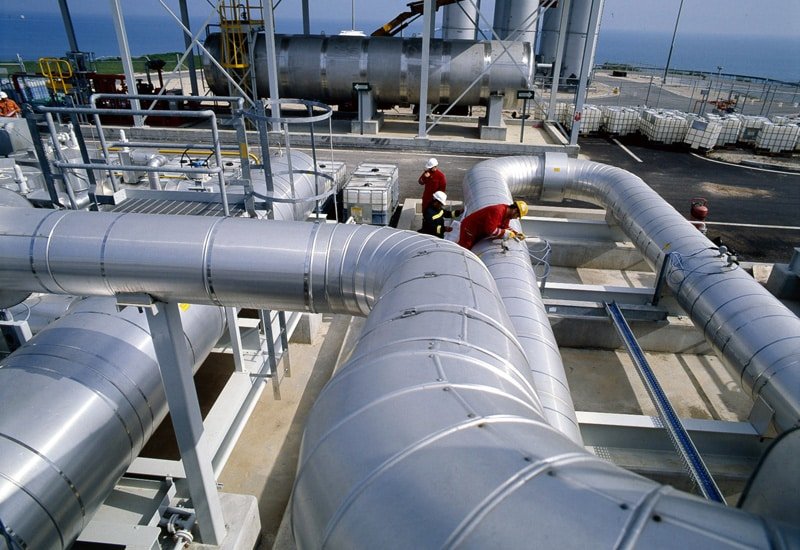Angola has declared its withdrawal from the oil producers’ organization Opec due to a disagreement over output limits.
It comes after the 13-member cartel and ten ally nations agreed last month to significantly reduce oil output in 2024 to support fluctuating world prices.
Angola now produces around 1.1 million barrels per day of the Opec total of 30 million.
Oil prices dipped on the news, with Brent down more than $1 to $78.5 per barrel at 12:50 GMT, according to Reuters.
Angola’s decision to leave Opec was made at a cabinet meeting on Thursday.
“We feel that at this moment Angola gains nothing by remaining in the organisation and, in defence of its interests, it decided to leave,” Mineral Resources and Petroleum Minister Diamantino Azevedo said afterwards.
“If we remained in Opec… Angola would be forced to cut production, and this goes against our policy of avoiding decline and respecting contracts.”
The minister went on to say that the choice was not made lightly.
Sub-Saharan Africa’s two largest oil exporters are Angola and Nigeria.
According to the AFP news agency, both nations are upset over being forced to curtail output at a time when they need to raise their foreign currency profits.
Angola has massive mineral and petroleum reserves, and its economy is among the world’s fastest-growing, yet development is exceedingly unequal.
Much of its oil riches is concentrated in its autonomous Cabinda province, which has been embroiled in a decades-long separatist war.
Angola, which has been a member of Opec for 16 years, is not the first country to leave the organization. Ecuador, Indonesia, and Qatar have all followed suit.
Opec is a club of oil producers that chooses how much crude oil to sell on the global market, as well as an extended organization known as Opec+.
Oil prices skyrocketed following Russia’s full-scale invasion of Ukraine in February 2022, reaching well over $120 per barrel in June last year.
They fell back to a little more than $70 a barrel in May of this year, but have steadily climbed since then as producers try to limit output to support the market and following recent attacks on cargo ships in the Red Sea.





